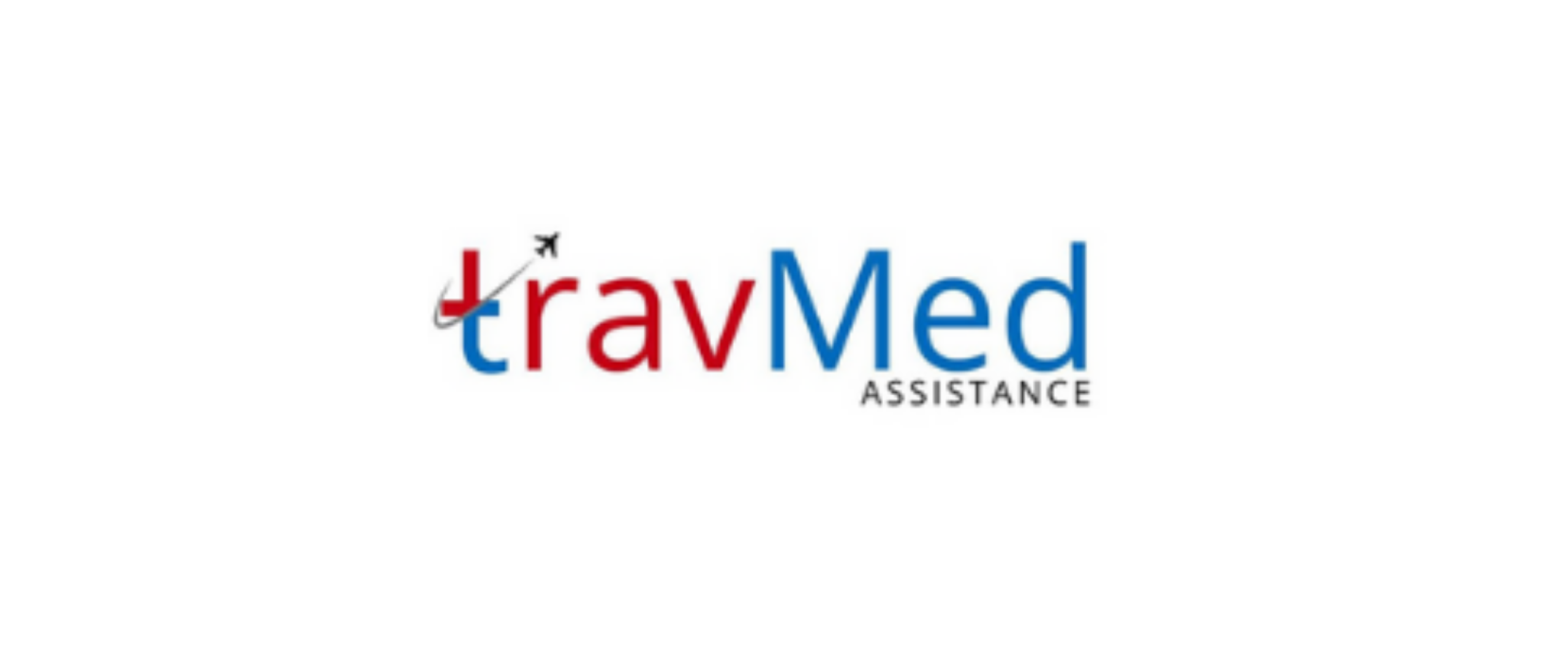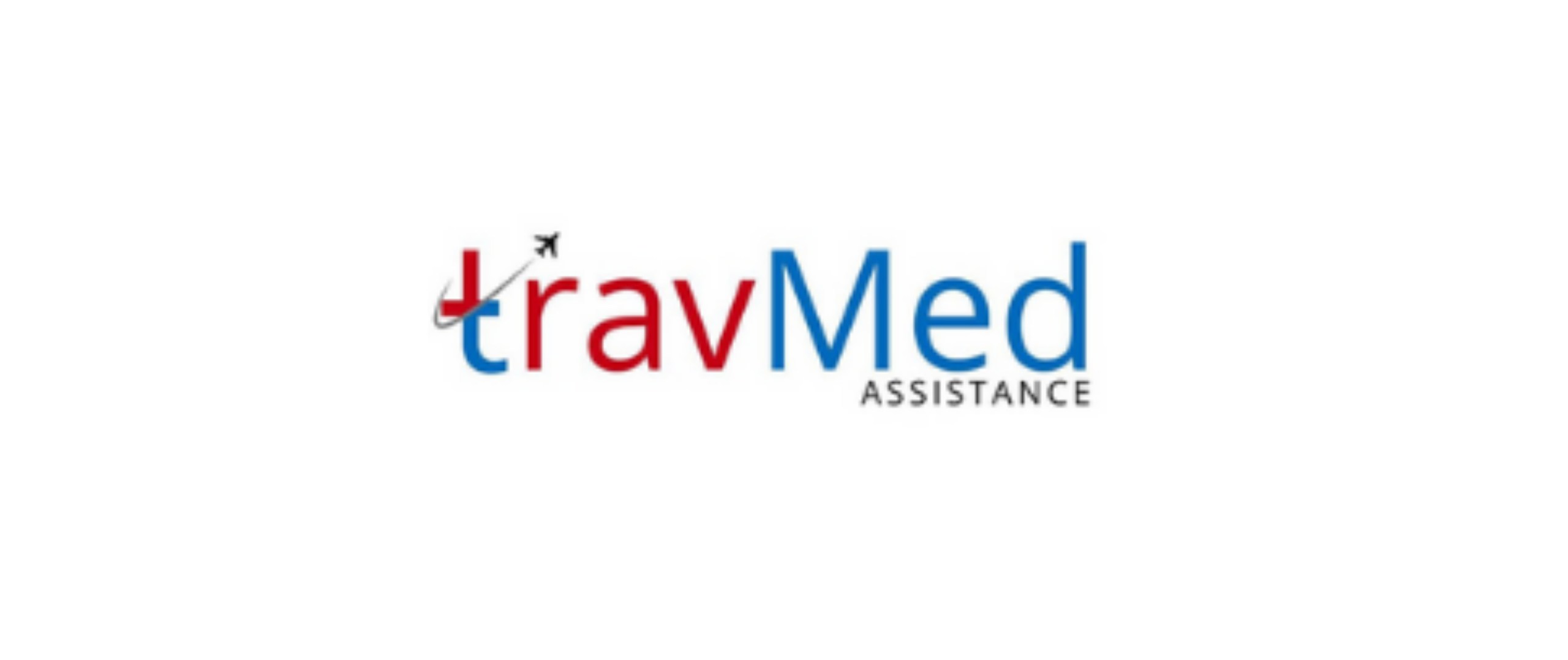
What is a doctor on board service?
A doctor on board service provides medical assistance and supervision during travel for individuals with health concerns or medical conditions. This service ensures that a qualified medical professional accompanies the traveler throughout their journey, offering immediate medical care if needed. In Nepal, doctor on board services are particularly valuable for travelers exploring remote areas or engaging in adventure activities. The service typically includes pre-travel medical assessments, in-transit care, and coordination with local healthcare facilities. Doctors on board are equipped with essential medical supplies and can administer treatments, monitor vital signs, and manage medications during the trip. This service offers peace of mind for travelers with chronic illnesses, recent surgeries, or those at risk of medical complications while traveling in Nepal.
Who provides this service in Nepal?
In Nepal, several organizations and companies offer doctor on board services for travelers. These providers include specialized medical assistance companies, travel agencies with medical divisions, and some hospitals with travel medicine departments. Notable providers in Nepal include Travmed Assistance, Nepal Rescue and Travel Assistance, and International SOS Nepal. These organizations employ licensed Nepali doctors and nurses experienced in travel medicine and emergency care. Some international medical assistance companies also operate in Nepal, partnering with local healthcare providers to offer comprehensive services. Additionally, certain luxury tour operators and trekking companies in Nepal provide doctor on board services as part of their high-end travel packages, especially for treks to remote areas like Everest Base Camp or the Annapurna Circuit.
How does doctor on board support work?
Doctor on board support in Nepal operates as a comprehensive medical assistance service throughout the traveler’s journey. The process typically begins with a pre-travel consultation, where the assigned doctor reviews the traveler’s medical history and assesses potential health risks associated with the planned itinerary. During travel, the doctor accompanies the individual or group, providing continuous medical monitoring and immediate care when needed. The doctor carries a portable medical kit equipped with essential medications, diagnostic tools, and emergency supplies. They can administer treatments, perform basic medical procedures, and offer health advice tailored to the travel conditions. In case of more serious medical issues, the doctor coordinates with local healthcare facilities and can arrange medical evacuations if necessary. The service also includes post-travel follow-ups to address any health concerns that may arise after the trip.
What documents are needed for this service?
To utilize doctor on board services in Nepal, travelers need to provide several essential documents:
- Valid passport and visa for Nepal
- Detailed medical history and records
- List of current medications and allergies
- Recent medical test results (if applicable)
- Travel insurance policy details
- Emergency contact information
- Signed consent forms for medical treatment
- Itinerary and travel plans
- Vaccination records
- Any relevant medical prescriptions
- Copy of advance medical directives (if applicable)
These documents help the service provider assess the traveler’s medical needs, ensure proper care during the trip, and comply with legal and insurance requirements in Nepal.
How much does this service cost in Nepal?
The cost of doctor on board services in Nepal varies depending on factors such as the duration of travel, the complexity of medical needs, and the specific provider. On average, prices range from $200 to $500 per day for basic services. More comprehensive packages, especially for longer treks or expeditions, can cost between $1,000 to $3,000 per week. Some providers offer customized pricing based on the traveler’s specific medical requirements and travel plans. Additional costs may include medical supplies, specialized equipment rentals, and potential evacuation services. It’s worth noting that some high-end tour operators in Nepal include doctor on board services in their package prices, particularly for challenging treks or expeditions. Travel insurance may cover part of these costs, depending on the policy. Travelers should obtain detailed quotes from multiple providers and check their insurance coverage before booking.
How is safety ensured during travel?
Safety during travel with a doctor on board in Nepal is ensured through multiple measures. The accompanying doctor conducts regular health checks and monitors vital signs throughout the journey. They assess environmental risks such as altitude, temperature, and local health hazards, advising travelers on preventive measures. The medical team maintains constant communication with their base office and local emergency services. They carry satellite phones or other reliable communication devices for remote areas. The doctor ensures proper acclimatization during high-altitude treks and can administer oxygen or medications if needed. They also oversee food and water safety, advising on hygiene practices to prevent illness. In case of emergencies, the doctor coordinates with local hospitals and can initiate medical evacuations. The service providers in Nepal often have established relationships with reputable healthcare facilities across the country, ensuring quick access to advanced medical care if required.
Are services available for international travelers?
Doctor on board services in Nepal are readily available for international travelers. Many providers specifically cater to foreign visitors, offering multilingual doctors and staff to overcome language barriers. These services are particularly popular among international trekking groups, senior travelers, and those with pre-existing medical conditions. Providers in Nepal are familiar with the specific health challenges faced by international travelers, such as altitude sickness, tropical diseases, and food-related illnesses. They can assist with travel insurance claims and coordinate with the traveler’s home country healthcare providers if needed. Some international medical assistance companies have partnerships or branches in Nepal, allowing for seamless service for their global clients. These services often include pre-travel consultations via telemedicine, helping international travelers prepare for their trip to Nepal from their home countries.
What is the process for booking this service?
The process for booking a doctor on board service in Nepal typically involves the following steps:
- Research and select a reputable service provider
- Contact the provider for initial consultation
- Provide medical history and travel plans
- Receive a customized service proposal and quote
- Review and agree to the terms and conditions
- Complete necessary medical forms and waivers
- Make the required payment or deposit
- Participate in a pre-travel medical assessment
- Receive confirmation of the assigned doctor
- Attend a briefing session before the trip starts
- Meet the doctor at the agreed location in Nepal
- Begin the journey with medical support
It’s advisable to book these services well in advance, especially for peak travel seasons or specialized treks in Nepal.
Who qualifies for a doctor on board?
Doctor on board services in Nepal are available to a wide range of travelers, but certain groups may particularly benefit or qualify for these services. Travelers with chronic medical conditions such as diabetes, heart disease, or respiratory issues often require this support. Elderly travelers or those with limited mobility frequently use these services, especially for challenging treks. Individuals recovering from recent surgeries or injuries may qualify based on their doctor’s recommendations. Pregnant women, particularly those in the later stages of pregnancy, often seek doctor on board services for added safety. Some tour operators in Nepal mandate doctor on board services for certain high-altitude expeditions or extreme adventure activities. Travelers with severe allergies or those requiring regular medical treatments during their trip are also common users of this service. Generally, anyone concerned about their health during travel in Nepal can opt for a doctor on board, subject to the provider’s assessment of their medical needs and travel plans.
How reliable are providers in Nepal?
Providers of doctor on board services in Nepal generally maintain high standards of reliability and professionalism. Many established companies have years of experience in medical assistance and travel support in Nepal’s challenging terrain. These providers employ licensed Nepali doctors and nurses with specialized training in travel medicine and emergency care. They often have partnerships with reputable hospitals and clinics across Nepal, ensuring access to quality healthcare facilities. However, the reliability can vary among providers, and it’s crucial for travelers to research and choose well-established companies with positive reviews and track records. International accreditations and affiliations with global medical assistance networks are good indicators of reliability. Travelers should verify the provider’s emergency response capabilities, especially for treks in remote areas. It’s advisable to check if the provider has adequate insurance coverage and clear policies for medical evacuations. While most established providers in Nepal are reliable, travelers should always have a backup plan and comprehensive travel insurance.
Can this service handle medical emergencies?
Doctor on board services in Nepal are well-equipped to handle a wide range of medical emergencies. The accompanying doctors are trained in emergency medicine and carry essential supplies for immediate interventions. They can manage acute altitude sickness, trauma injuries, severe allergic reactions, and cardiac events. In remote areas, these doctors can stabilize patients and coordinate air or ground evacuations to the nearest appropriate medical facility. For more complex emergencies, they liaise with specialists in major cities like Kathmandu for telemedicine consultations. The service providers often have pre-arranged agreements with hospitals and air ambulance services for swift emergency response. However, it’s important to note that while these services significantly enhance emergency preparedness, they may face limitations in extremely remote locations or during severe weather conditions. The level of emergency care can also vary depending on the specific provider and the qualifications of the assigned doctor. Travelers should discuss potential emergency scenarios with their provider before the trip and understand the scope and limitations of the service.
How do I contact service providers in Nepal?
To contact doctor on board service providers in Nepal, travelers have several options:
- Visit official websites of medical assistance companies in Nepal
- Email inquiries to customer service departments
- Call international or local phone numbers provided on websites
- Use online contact forms on provider websites
- Reach out through social media platforms (Facebook, Twitter)
- Contact Nepal-based travel agencies for recommendations
- Visit offices of providers in major cities like Kathmandu
- Consult with embassies or consulates for verified provider lists
- Use travel forums or expat communities for recent experiences
- Check with international travel clinics for Nepal-specific contacts
When contacting providers, be prepared to discuss your medical needs, travel plans, and any specific concerns. It’s advisable to contact multiple providers to compare services and prices before making a decision.


